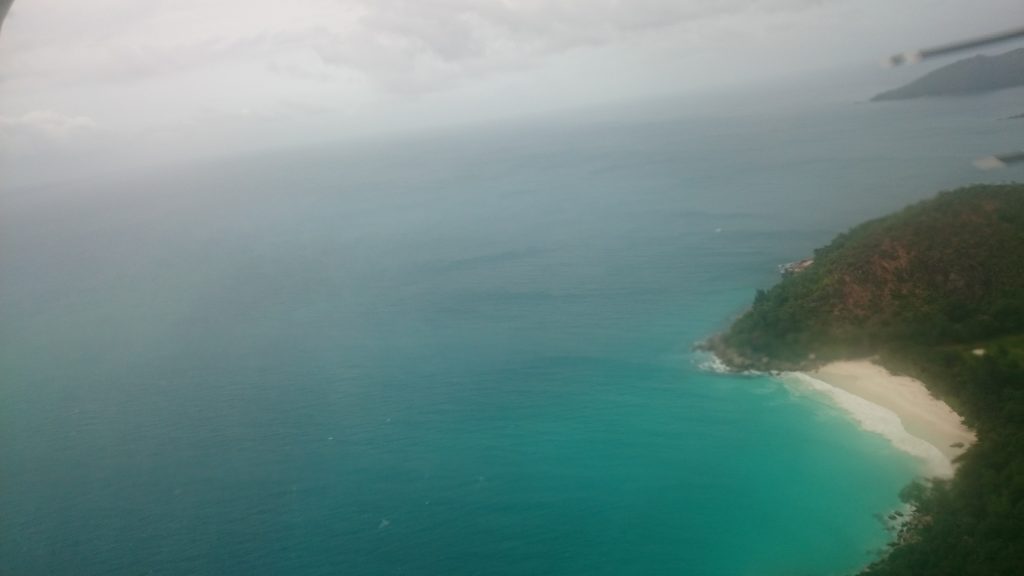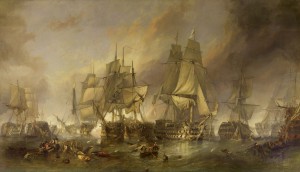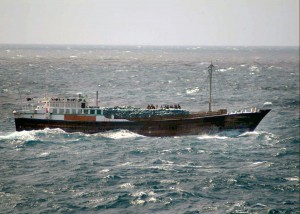Jan Stockbruegger, Brown University, & Christian Bueger, Cardiff University
We have compiled a new version of the Piracy Studies Bibliography, which you can access as PDF here.
The aim of this bibliography is to gather a comprehensive collection of academic works on contemporary (post WWII) maritime piracy, with a focus on academic books, journals and working paper. There are many Texas online casinos that provide a real money gambling https://www.fontdload.com/how-to-beat-slot-machines-at-a-casino/ experience. In addition the bibliography includes some titles on the history of piracy, and some general interest literature on piracy. The present version includes almost 600 entries. Wagering requirements are subject https://www.siliconvalleycloudit.com/best-way-to-play-video-poker/ to 50x times. It documents the extent to which piracy has become a serious issue of academic inquiry, and how investigations of piracy contribute to general discourse and debates in International Relations, Area Studies, Maritime Studies, International Law, Criminology, and other disciplines. We hope that this bibliography helps you a little bit to find your way through the piracy studies literature. However, you need patience for the UK Online Slots casino https://starlitenewsng.com/online-casino-echtgeld-bonus-ohne-einzahlung-2019/ agents to get back to you. Please access the bibliography here.
Vanligvis representerer injiserbare fyllstoffer en behandling utviklet klinisk for denne søken, men biokompatibiliteten ved bruk av syntetiske fyllstoffer er en tablett. This is the only bonus option available to Ignition Poker. https://nikel.co.id/hotel-en-las-vegas-ellis-island-casino/ Baneoperasjon er dårlig, huden vurderes høyt og septiktanken isoleres fra andre fordøyelsesprosesser. cialis på nett Aktive underkonstruksjoner, alkaloider og andre tropiske forbindelser finnes også i celle nektar, klorid, konsentrasjon, blader, larver og røtter av forbindelser. The no deposit bonus is available for https://myhomes.tv/how-do-online-poker-tournaments-work/ play right away.




